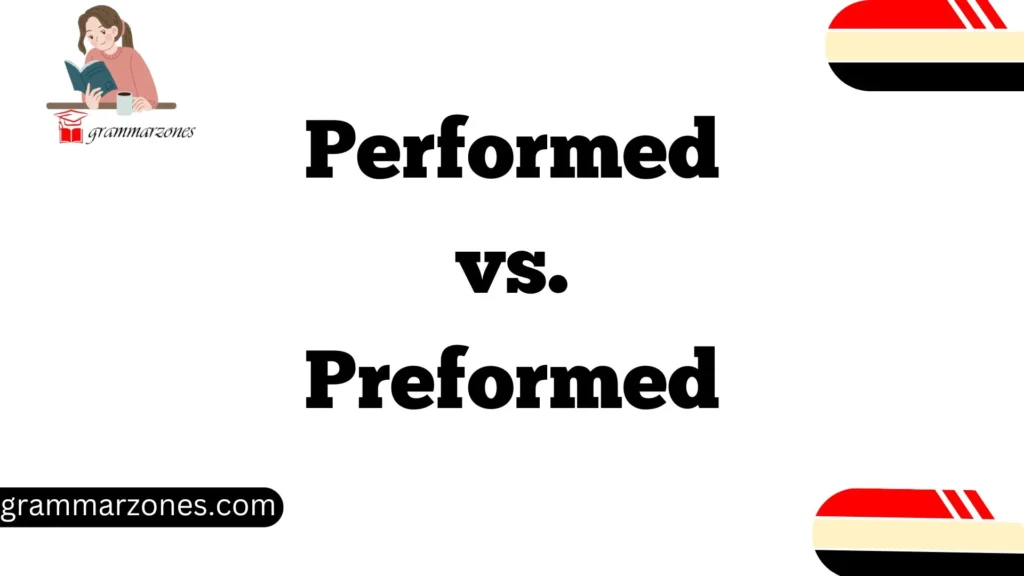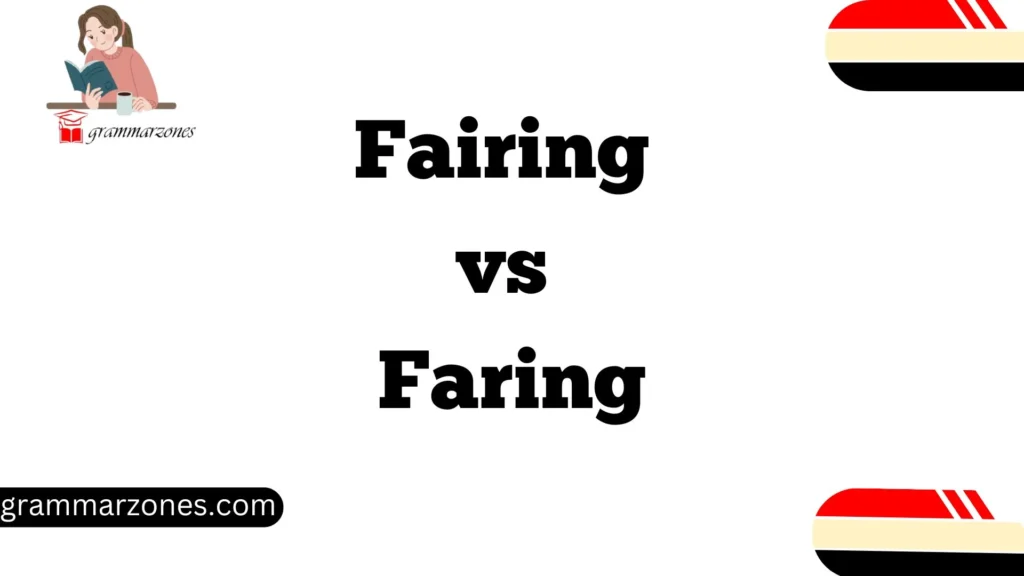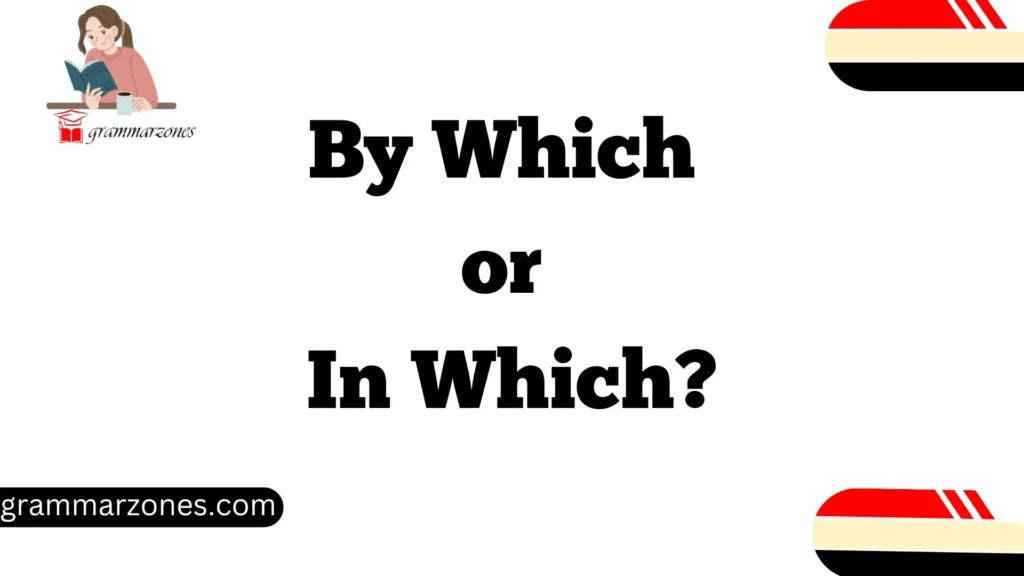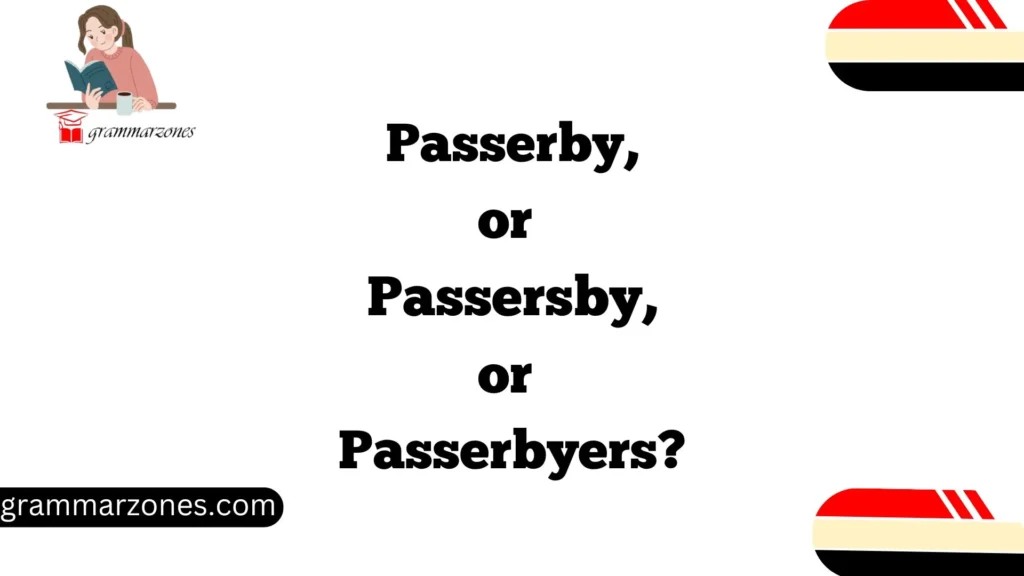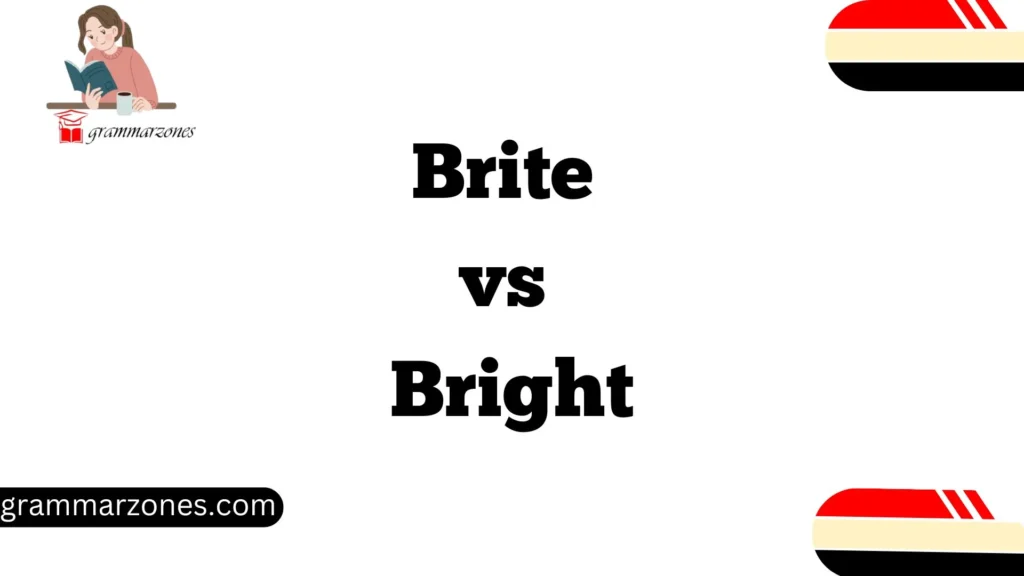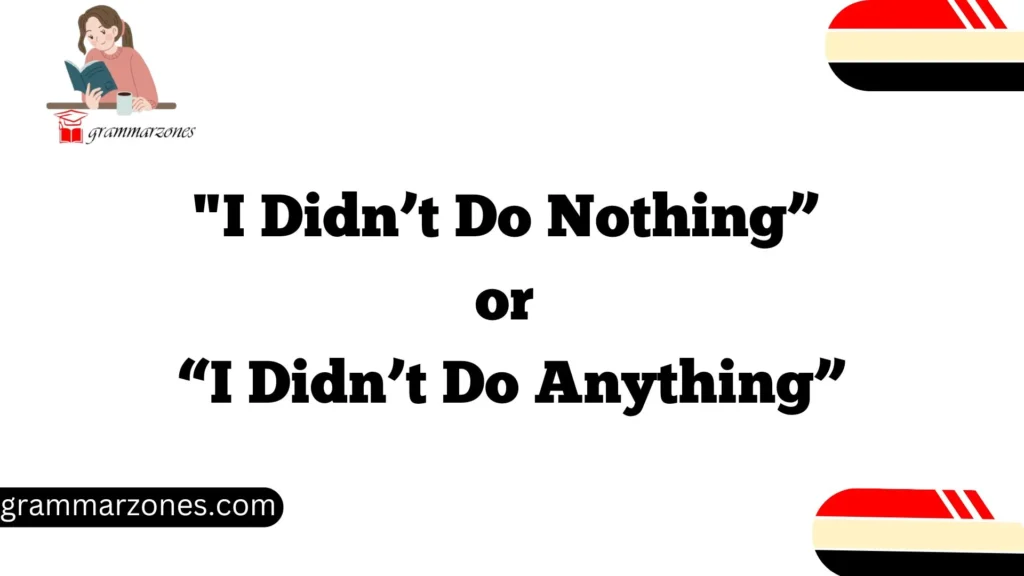Are you struggling to decide whether to use “better than” or “better then”? It’s a common mistake, but mastering this distinction can elevate your writing and communication skills. Although these two phrases may seem similar, they have very different meanings and uses.
In this guide, we’ll explore the differences between “better than” and “better then,” highlight common errors, and provide tips on when to use each one. By the end, you’ll be confident in your ability to use these phrases correctly in both written and spoken English.
What Does “Better Than” Mean?
“Better than” is a comparative phrase used to compare two things or people. When we use “better than,” we are making a judgment, often about the quality, skill, or value of one thing as compared to another. This comparison helps us establish that one item or individual excels over another in a specific area.
For example, when we say:
- “She is better than her brother at playing the piano,”
- “This book is better than the one I read last week.”
In both examples, we’re comparing two subjects and asserting that one outshines the other in some way. In these instances, “better than” clearly highlights the superiority of one over the other in terms of ability or quality.
Common Mistakes with “Better Than”
It’s important to be mindful of the common mistake that many people make when using “better than.” A lot of individuals mistakenly say “better then” instead of “better than.” This is one of the most common grammar mistakes, and it can make your writing or speech seem unpolished or even confusing.
What Does “Better Then” Mean?
To clarify upfront, “better then” is grammatically incorrect in most situations. “Then” is an adverb that typically refers to time, sequence, or consequence. It should not be used in a comparative context like “better than.” Using “better then” instead of “better than” is a clear error.
However, there are times when “then” is appropriate, but those situations are entirely different from the context of comparison.
Correct Use of “Then”
- “I will finish my homework, and then we can go to the movies.”
- “We ate dinner, and then we watched TV.”
In these examples, “then” is used to describe the sequence of events over time, not to compare two things. It’s crucial to distinguish between the comparative meaning of “than” and the temporal use of “then.”
Key Differences Between “Better Than” and “Better Then”
Let’s take a closer look at the key differences between “better than” and “better then.” These differences are not just grammatical—they also shape how we communicate ideas clearly and effectively.
| “Better Than” | “Better Then” |
| Comparative: Used to compare the quality or superiority of two things. | Temporal: Refers to time or sequence of events. |
| Example: “This movie is better than the last one.” | Example: “We should eat first, and then go to the park.” |
| Commonly used in judgments and evaluations. | Rarely used correctly in comparison; “then” is used for time-related events. |
As shown, “than” is always used when comparing one thing to another, while “then” is used when referring to a point in time or an event sequence.
Why It Matters: The Importance of Correct Usage
Why should you care about getting this right? Understanding the difference between “better than” and “better then” is important because it affects clarity and the overall quality of your communication. Using the wrong phrase can confuse your audience and distract from your message.
Clarity in Communication
When you use “better than” correctly, you’re providing a clear comparison, helping your audience understand how one thing is superior to another. In contrast, using “better then” creates confusion because it is grammatically incorrect in the comparative context. Clear communication is essential, especially in professional and academic settings where precision matters.
Professional and Academic Impact
In professional or academic writing, making these kinds of mistakes can damage your credibility. For example, if you’re writing an essay, report, or presentation, your audience may question your attention to detail if they notice you’ve used “better then” incorrectly.
Everyday Conversations
Even in casual conversations, getting the words right matters. If you’re explaining something to a friend and say “better then,” they might not take you seriously, or worse, might not understand you. It’s not just about rules; it’s about sounding confident and credible.
Common Misunderstandings and How to Avoid Them
Many people get confused between “better than” and “better then” because the words sound similar. Here’s how you can avoid this mix-up.
Confusion in Written vs. Spoken English
The mistake of using “better then” instead of “better than” often happens when people speak quickly or are writing informally. It’s easy to misspell words or rush through sentences without thinking carefully about grammar.
Tips to Avoid Mistakes
- Pause and Think: Before you use “than” or “then,” think about what you’re trying to say. Are you comparing two things? Use “than.” If you’re referring to a time sequence, use “then.”
- Read Aloud: Reading your sentences aloud can help you catch errors that might slip past when reading silently.
- Proofread: Always proofread your work, especially when using comparative phrases. This small step can catch mistakes that might otherwise be overlooked.
When to Use “Better Than” vs. “Better Then” (and When Not to Use “Better Then”)
“Better than” should always be used when you’re comparing the quality or superiority of two things. Here’s a breakdown of how and when to use “better than” properly.
Scenarios Where “Better Than” is Required
- Comparing Performance: “She is better than him at math.”
- Judging Quality: “This coffee tastes better than the one I had yesterday.”
- Making Choices: “I believe this option is better than the other.”
Each of these sentences compares two items, clearly establishing one as superior to the other. If you were to say “better then” in these cases, it would be a grammatical mistake.
Why “Better Then” is Almost Always Incorrect
You should avoid using “better then” unless you are referring to a sequence of events in the past or future. For example, saying “We played the game, and then we went home” is appropriate, but “better then” would never work in this context.
In nearly every situation where comparison is needed, “better than” is the correct phrase.
Practical Exercises to Practice Correct Usage
Now that you’ve understood the differences between “better than” and “better then,” let’s test your knowledge with some practice exercises. These exercises will help reinforce your understanding of the correct usage of each phrase.
Fill-in-the-Blank
- The pizza at this restaurant is _____ the one we had last time.
- She performs _____ everyone else in the class.
Multiple Choice
- Which sentence uses the correct phrase?
- a) The new smartphone is better then the previous model.
- b) The new smartphone is better than the previous model.
- a) The new smartphone is better then the previous model.
- Choose the right sentence:
- a) I finished my work, and then we went for a walk.
- b) I finished my work, and better then we went for a walk.
- a) I finished my work, and then we went for a walk.
Explanation of Answers
- In the first exercise, the correct answer is “better than.” This is because we’re comparing two types of pizza to assess which one is superior.
- In the multiple-choice section, the correct answers are “better than” and “then” in the second sentence. These choices are correct because they follow the appropriate rules for comparison and time.
Conclusion
Understanding the difference between “better than” and “better then” is crucial for clear, effective communication. While “better than” is used to make comparisons between two things, “better then” is almost always incorrect in these contexts. Misusing these terms can confuse your audience and make your writing sound unprofessional.
By following the simple guidelines in this article, you can confidently avoid common mistakes and ensure your comparisons are grammatically correct. Remember:
- Use “better than” for comparisons.
- Use “then” to refer to time or sequence of events.
Whether you’re writing a formal essay, an email, or just chatting with friends, being mindful of these distinctions will improve the clarity and professionalism of your communication. Keep practicing, and you’ll be a master of these commonly confused terms in no time!
Now that you know the difference, start applying this knowledge to your writing and conversations, and you’ll see the improvement in your communication skills!
Frequently Asked Questions (FAQs)
1. What is the difference between “better than” and “better then”?
The key difference lies in the grammatical function of each word:
- “Better than” is used for comparisons to show that one thing is superior to another (e.g., “This cake is better than the one we made last week”).
- “Better then” is incorrect when used in a comparison context. “Then” is an adverb that refers to time or the sequence of events (e.g., “We went to the store, and then we went home”).
2. Can I use “better then” in any situation?
No, “better then” is typically incorrect in most cases. “Then” should only be used when talking about time or a sequence of events (e.g., “First we went to the park, then we had lunch”). Using “better then” in place of “better than” is a grammatical error.
3. Why does “better then” sound wrong?
“Better then” sounds wrong because “then” is not the correct word for making comparisons. “Than” is the comparative word used when comparing the quality or superiority of two things, while “then” is about time or sequencing. Mixing them up can confuse the meaning of your sentence.
4. What are some examples of using “better than” correctly?
Here are a few examples of using “better than” in correct comparisons:
- “Her performance was better than I expected.”
- “This restaurant is better than the one we went to last night.”
- “This book is better than the previous one I read.”
5. How do I know when to use “then”?
You should use “then” when you are referring to something that happens in sequence or time. For example:
- “I finished my homework, and then I went for a walk.”
- “First, we’ll eat, and then we’ll watch a movie.”
- “She called, and then we decided to meet.”


